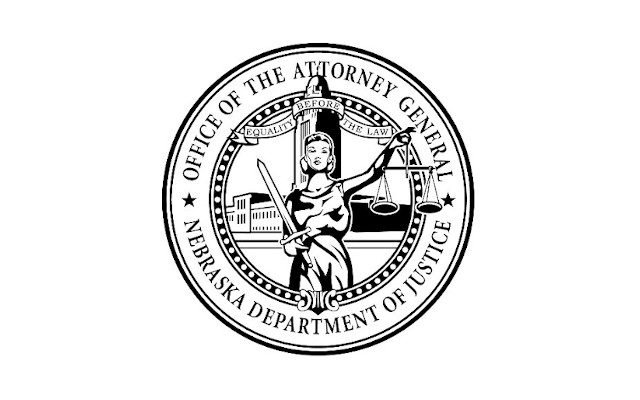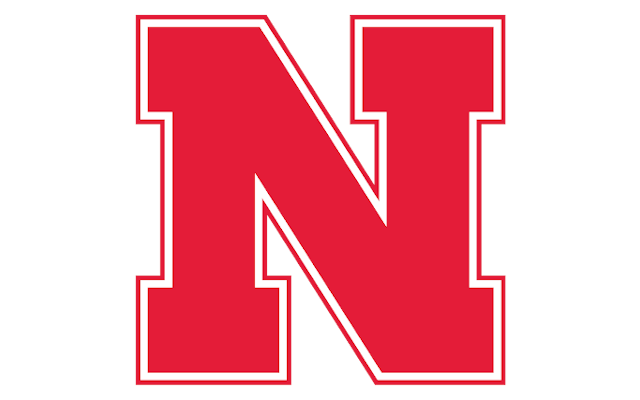Attorney General Urging Caution When Garnishing Stimulus Payments

LINCOLN- Attorney General Doug Peterson alerted creditors, debt collectors, and financial institutions that Nebraska law may exempt CARES Act stimulus checks from attachment, garnishment or execution for certain low-income consumers.
The Coronavirus Aid, Relief, and Economic Security Act was signed into law on March 27 and provides emergency assistance for individuals, families, and businesses affected by the COVID-19 pandemic. Nebraska law exempts certain income and property from execution and attachment by creditors and debt collectors. The purpose of the exemptions is to ensure individuals have enough income and property to provide for basic necessities like housing, food, and utilities. According to Peterson, any attempt or threat by a creditor or a debt collector to garnish or attach funds provided through the CARES Act, if that property would have otherwise been exempt under Nebraska law, will be considered an unfair trade practice in violation of Nebraska’s Consumer Protection Act. Earlier this week, one of the largest debt collection industry groups, Receivables Management Association International, advised its members to “avoid seeking CARES Act funds as a potential source of payment on outstanding consumer obligations.”
However, the CARES Act does allow for stimulus checks to be garnished in cases where people are behind on child-support payments.


